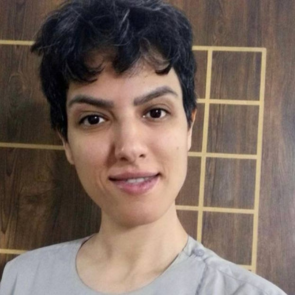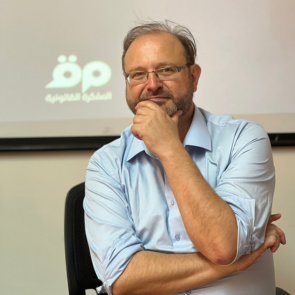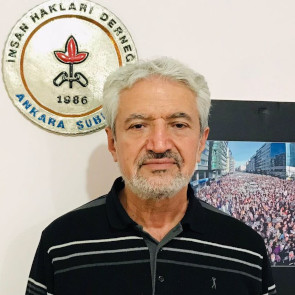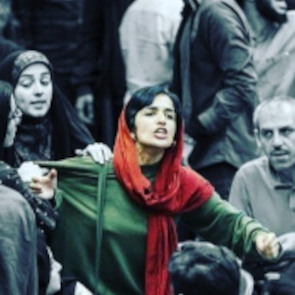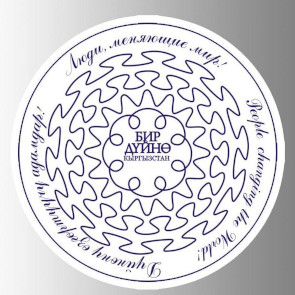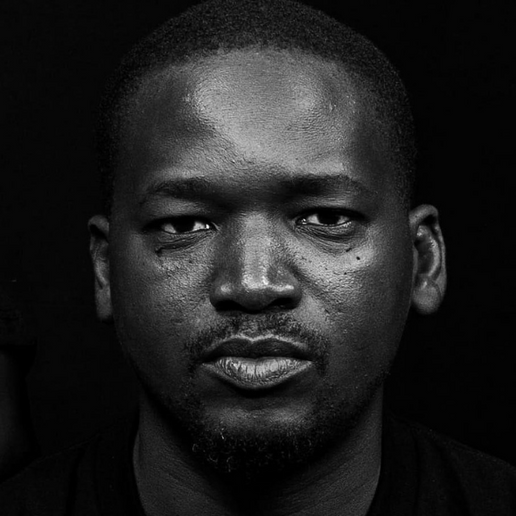
#Freedom of Association
#Freedom of Association
The right to freedom of association is the right to join a formal or informal group to take collective action. This right includes the right to form and/or join a group. Conversely, it includes the right not to be compelled to join an association.
Associations can include civil society organizations, clubs, cooperatives, NGOs, religious associations, political parties, trade unions, foundations or even online associations. There is no requirement that the association be registered in order for freedom of association rights to apply. Everyone has the right to freedom of association. States may not limit this right for certain groups based on race, color, sex, language, religion, political or other opinion, national or social origin, property, birth or any other status. The only exception is for members of the armed forces and of the police, who may have their association rights lawfully restricted under international law. States are obliged to take positive measures to establish and maintain an enabling environment for associations. States must also refrain from unduly obstructing the exercise of the right to freedom of association, and respect the privacy of associations. The right to freedom of association also includes the right of groups to access funding and resources.
In practice, the right of human rights defenders to associate is restricted in many countries. Restrictions are sometimes due to legislation, ranging from a prohibition to work on certain issues or in certain areas, to a burdensome registration procedure, to the criminalisation of unregistered groups. They are sometimes due to how legislation is applied in practice by relevant authorities, for example when registration is arbitrarily denied or NGOs are subject to politically-motivated inspections and sanctions.
In October 2010, the UN Human Rights Council adopted resolution 15/21 in which it:
- Reaffirm[ed] that everyone has the rights to freedom of peaceful assembly and of association and that no one may be compelled to belong to an association
- Recognizi[ed] the importance of the rights to freedom of peaceful assembly and of association to the full enjoyment of civil and political rights, and economic, social and cultural rights;
- Recogniz[ed] also that the rights to freedom of peaceful assembly and of association are essential components of democracy, providing individuals with invaluable opportunities to, inter alia, express their political opinions, engage in literary and artistic pursuits; and
- Recogniz[ed] further that exercising the rights to freedom of peaceful assembly and of association free of restrictions, subject only to the limitations permitted by international law, in particular international human rights law, is indispensable to the full enjoyment of these rights, particularly where individuals may espouse minority or dissenting religious or political beliefs.
The UN Human Rights Council renewed its commitment to promote and protect the rights to freedom of peaceful assembly and of association, by adopting resolution 21/16 (October 2012) and resolution 24/5 (October 2013), in which it inter alia:
- Reiterat[ed] the important role of new information and communications technologies in enabling and facilitating the enjoyment of the rights to freedom of peaceful assembly and of association, and the importance for all States to promote and facilitate access to the Internet and international cooperation aimed at the development of media and information and communications facilities in all countries;
- Recogniz[ed] the importance of the freedoms of peaceful assembly and of association, as well as the importance of civil society, to good governance, including through transparency and accountability, which is indispensible for building peaceful, prosperous and democratic societies;
- [Declared itself a]ware of the crucial importance of active involvement of civil society in processes of governance that affect the life of people;
- Remind[ed] States of their obligation to respect and fully protect the rights of all individuals to assemble peacefully and associate freely, online as well as offline, including in the context of elections, and including persons espousing minority or dissenting views or beliefs, human rights defenders, trade unionists and others, including migrants, seeking to exercise or to promote these rights, and to take all necessary measures to ensure that any restrictions on the free exercise of the rights to freedom of peaceful assembly and of association are in accordance with their obligations under international human rights law;
- Expresse[d] concern at violations of the rights to freedom of peaceful assembly and of association;
- Emphasize[d] the critical role of the rights to freedom of peaceful assembly and of association for civil society, and recognizes that civil society facilitates the achievement of the purposes and principles of the United Nations

